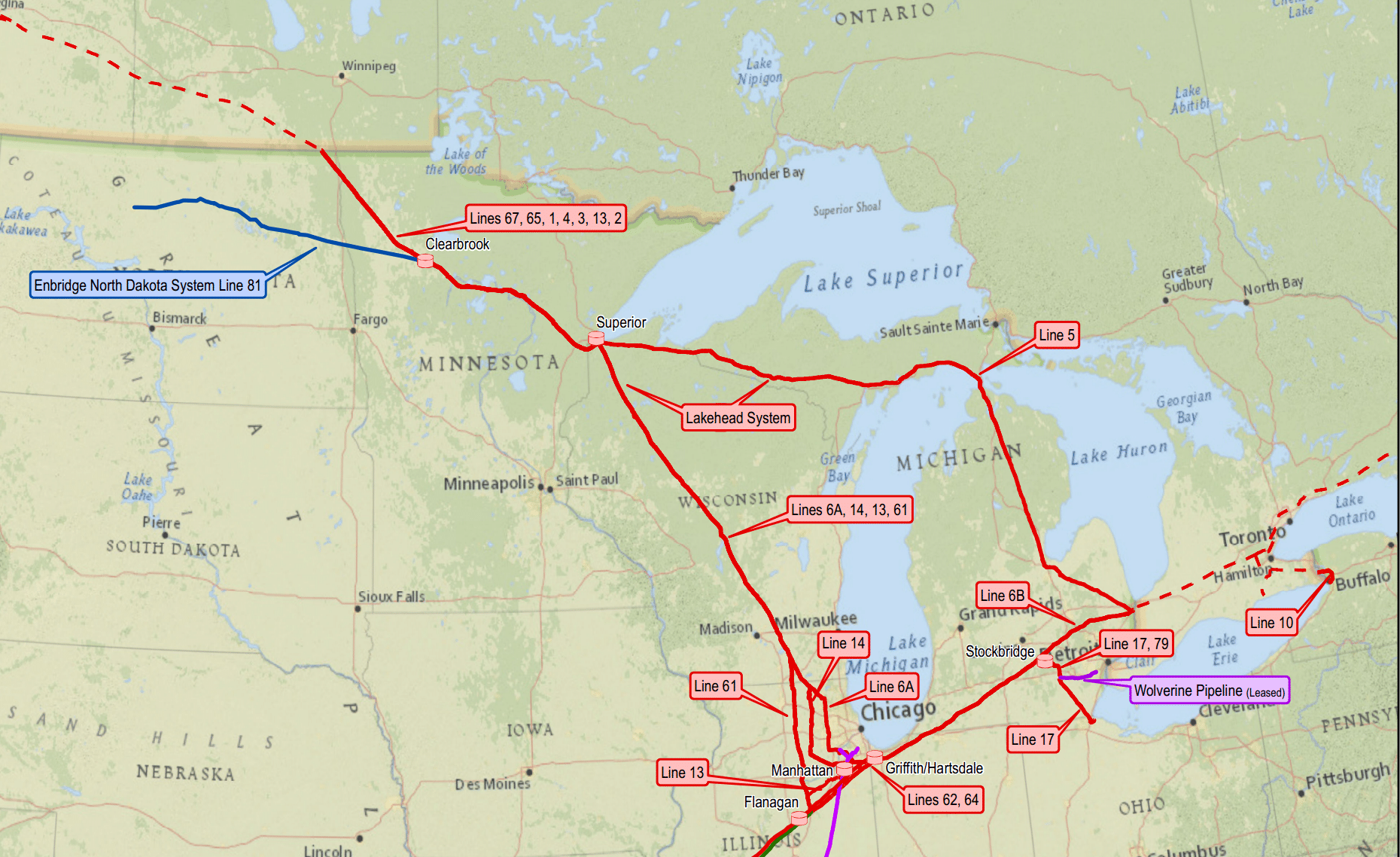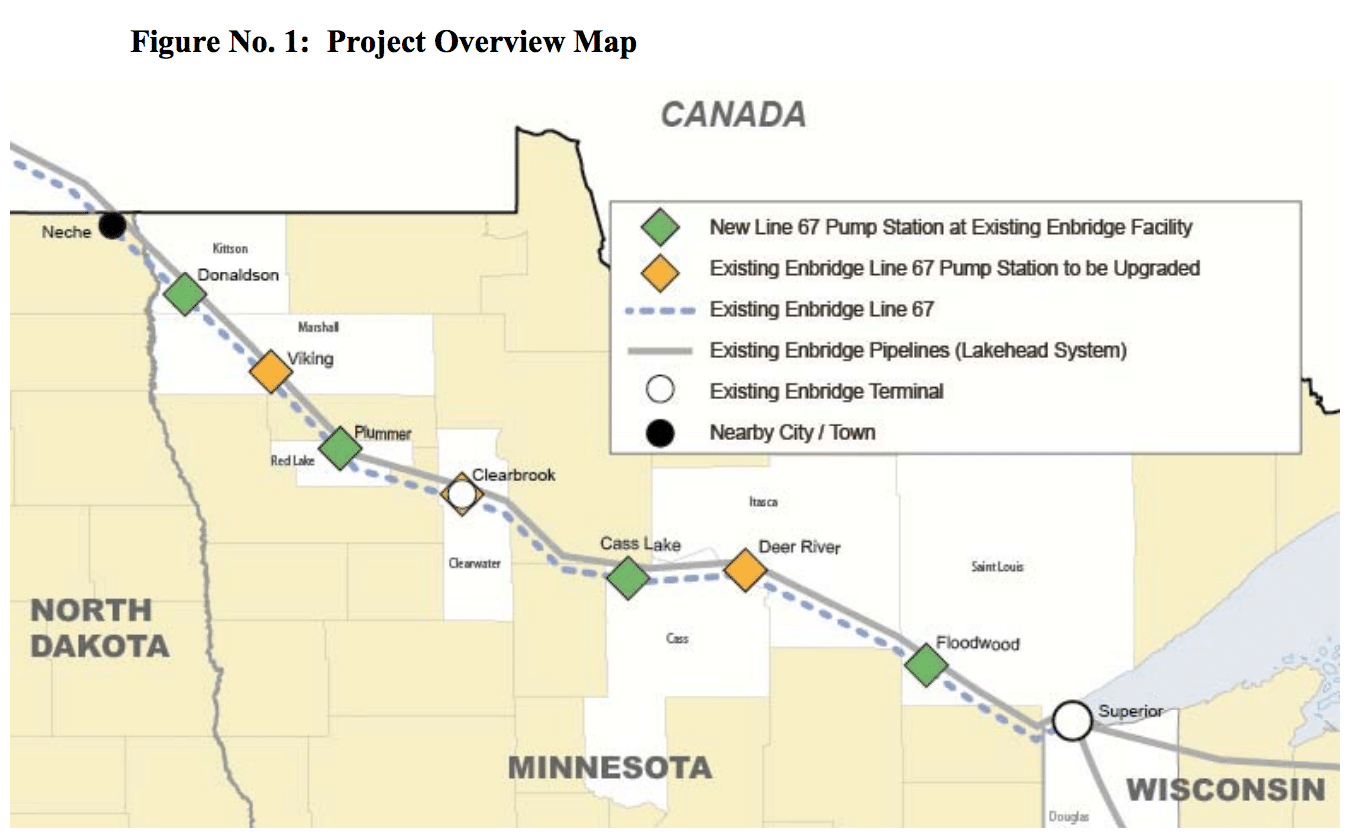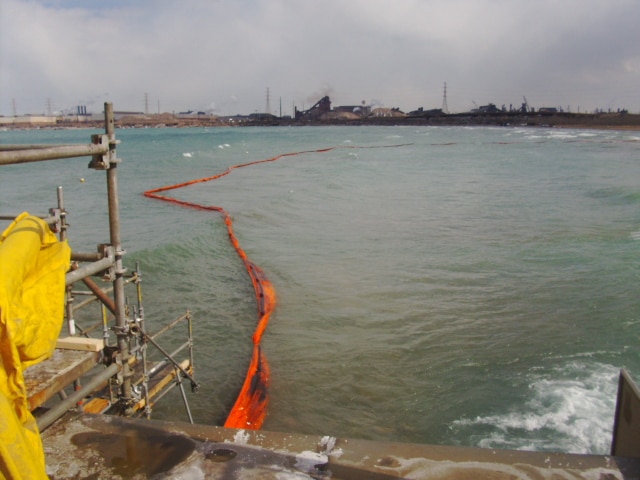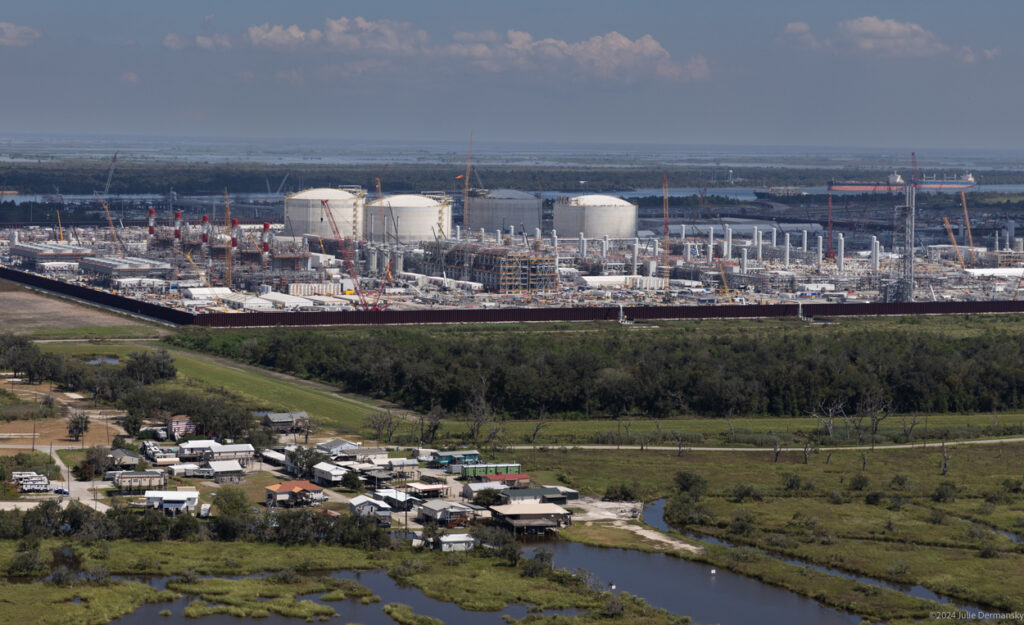Is it conventional crude or tar sands? That is the question. And it’s one with high stakes, to boot.
The BP Whiting refinery in Indiana spilled between 470 and 1228 gallons of oil (or is it tar sands?) into Lake Michigan on March 24 and four days later no one really knows for sure what type of crude it was. Most signs, however, point to tar sands.
The low-hanging fruit: the refinery was recently retooled as part of its “modernization project,” which will “provide Whiting with the capability of processing up to about 85% heavy crude, versus about 20% today.”
As Natural Resources Defense Council (NRDC) Midwest Program Director Henry Henderson explained in a 2010 article, “heavy crude [is] code for tar sands.”
Albeit, “heavy crude” is produced in places other than Alberta’s tar sands, with Venezuela serving as the world’s other tar sands-producing epicenter. So, in theory, if it’s heavy crude that spilled into Lake Michigan, it could be from Venezuela.
But in practice, the facts on the ground tell a different story. As a January 2014 article in Bloomberg outlined, the combination of the U.S. hydraulic fracturing (“fracking”) boom and the Canadian tar sands boom has brought U.S. imports of Venezuelan oil to 28-year lows.
Which brings us to the next question: how does the Canadian “heavy crude” get to BP‘s Whiting refinery to begin with? Enter: Enbridge’s Line 6A pipeline.
Alberta Clipper/Line 6A
Dan Goldblatt, a spokesman for the Indiana Department of Environmental Management, told DeSmogBlog he wasn’t sure what type of oil was spilled into Lake Michigan from the BP Whiting refinery — which goes back to why it’s just being referred to as “oil” at this point by officials.
Goldblatt said the U.S. Environmental Protection Agency (EPA) will be looking into it as part of its investigation.
“Right now they’re more focused on recovery than on what type of oil it is,” Goldblatt said. “That’s a little further down the line.”
When asked about which pipeline feeds the BP Whiting refinery beast, Goldblatt told DeSmogBlog it’s Enbridge’s Line 6A pipeline.

Enbridge Line 6A; Map Credit: Enbridge
Part of Enbridge’s “Lakehead System,” Line 6A stretches from Superior, Wis., to Enbridge’s Griffith/Hartsdale holding terminal in northwest Indiana.
“Lakehead System serves all the major refining centers in the Great Lakes…through its connection with the affiliated Canadian pipeline,” explains Enbridge’s Lakehead System website. “Total deliveries on the Lakehead System averaged 1.65 million [barrels per day] in 2009, meeting approximately…70 percent of the refinery capacity in the greater Chicago area.”
Enbridge’s Line 67 (AKA Alberta Clipper) pipeline serves as the corridor between Alberta’s tar sands and Line 6A. Alberta Clipper currently awaits a capacity expansion permit from the U.S. State Department, which it applied for in November 2012 and needs because it’s a U.S.-Canada border-crossing line.
It was originally approved by President Barack Obama’s State Department in August 2009.
If approved, Line 67’s expansion would morph it from a 450,000 barrels per day pipeline to a 570,000 barrels per day pipeline. Its “full design capacity is 880,000 [barrels per day] of heavy crude oil,” (emphasis mine) according to the expansion application it submitted to the State Department.

Map Credit: U.S. Department of State
Hydrocarbon Technologies, which offers “market insight tools covering all segments of the global hydrocarbons market,” also points to the ties that bind Alberta’s tar sands, Enbridge’s Line 6A and the BP Whiting refinery.
“Once the modernisation project is complete, BP aims to increase the use of Canadian crude from oil sands via the Enbridge [Line 6A] pipeline, which runs from Alberta to Illinois,” explains Hydrocarbon Technologies.
In 2010, Line 6A spilled in a major way in Romeoville, Ill., with 6,050 barrels of oil escaping. An account in oil and gas industry trade publication PennEnergy explains the pipeline was carrying “heavy crude oil.”
“When the leak occurred, the Line 6A was transporting approximately 459,000 barrels per day of heavy crude oil,” the reporter detailed.
The “Dilbit Disaster” Connection
Line 6A is connected to the 2010 spill of over 843,000 gallons of tar sands into the Kalamazoo River, a Lake Michigan tributary. Literally.
When oil arrives at Enbridge’s Griffith, Ind., terminal from Line 6A, much of it continues northeast on the connecting Line 6B pipeline.
Map Credit: Enbridge
That line was the one responsible for the “dilbit disaster,” as coined by InsideClimate News, because it was carrying tar sands diluted bitumen, or “dilbit.” More than three years after that spill, clean up efforts are still ongoing.
“Tar Sands Name Game”
After the 2010 Kalamazoo River, the same debate over what type oil had spilled ensued. Chicago-based investigative journalist Kari Lydersen coined it the “tar sands name game.”
“[L]inguistic gymnastics around the definition of tar sands have a long history,” she wrote. “Industry officials have sought to avoid the increasingly negative connotations of tar sands extraction, which has a devastating effect on boreal forests and produces huge carbon emissions.”
And of course, it’s called “heavy crude” for a reason: it’s heavy. That means it can and will sink in freshwater sources like Lake Michigan or the Kalamazoo River. It did just that in Kalamazoo, making it exceedingly difficult to clean up.
With a drinking water source for seven million people at stake, this “tar sands name game” is one with high stakes indeed.
Photo Credit: U.S. EPA
Subscribe to our newsletter
Stay up to date with DeSmog news and alerts








